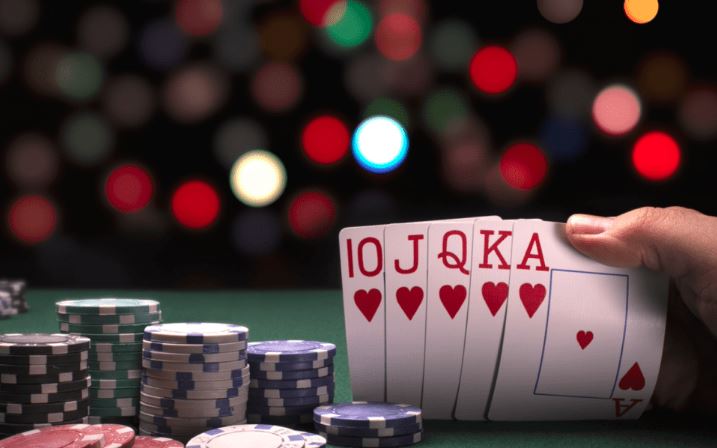Developing mental toughness is essential for success in poker. The right mindset can help you navigate the highs and lows of the game, make rational decisions, and maintain focus. Here are some key aspects to consider when developing the mindset of a successful poker player:
The Mindset of a Successful Poker Player: Developing Mental Toughness
- Emotional Control: Poker is a game of ups and downs, and managing your emotions is crucial. Avoid tilting, which is a state of emotional frustration or impulsive play due to a bad beat or a series of losses. Stay composed, make rational decisions, and detach emotionally from the outcome of individual hands.
- Patience and Discipline: Successful poker players understand the importance of patience and discipline. Avoid the urge to play every hand and wait for strong starting hands and favorable situations. Stick to your strategy and avoid deviating from it based on short-term results.
- Adaptability: Poker is a dynamic game, and adapting to the ever-changing conditions is crucial for success. Be open-minded, learn from your mistakes, and adjust your strategies accordingly. The ability to readjust and make calculated decisions based on new information is vital.
- Bankroll Management: Having a solid understanding of bankroll management is essential for maintaining mental stability and longevity in the game. Avoid playing with stakes that are beyond your bankroll, as it can lead to anxiety, fear, and unnecessary pressure. Protect your bankroll and minimize risk to ensure a sustainable poker career.
- Continuous Learning: Learning should be a constant process in poker. Successful players are eager to improve their skills and expand their knowledge. Study books, watch training videos, analyze your own play, and seek input from other experienced players. Embrace the mindset of a lifelong student of the game.
- Objectivity and Self-Reflection: Develop the ability to assess your play objectively and engage in honest self-reflection. Analyze your hand histories, review your decisions, and identify areas for improvement. Avoid blaming external factors or luck for losses and take responsibility for your decisions.
- Focus and Concentration: Poker requires intense focus and concentration. Minimize distractions, be present in the moment, and avoid making impulsive decisions. Train your mind to stay focused for extended periods, as lapses in concentration can be costly.
- Resilience: In poker, setbacks are inevitable. Successful players embrace failures as opportunities for growth. Develop resilience and bounce back from losses, setbacks, and bad beats. Maintain a positive mindset and stay motivated to keep improving.
Developing mental toughness takes time and practice. Incorporate these elements into your poker routine, both on and off the table. Like any skill, mental toughness can be honed and strengthened over time, leading to improved decision-making, emotional control, and overall success as a poker player.


